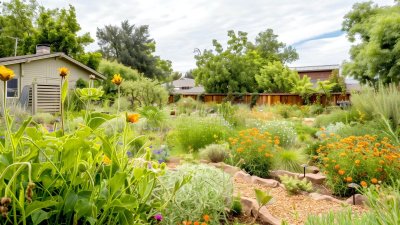If land is sold that has been in the owner's possession for less than ten years, the profit must normally be taxed. However, if there is a property on the plot that is occupied by the owner, the situation is different: In this case, no tax is due on the sale - even if it is a garden house that is permanently occupied in violation of building law. This is the conclusion reached by the Federal Fiscal Court (BFH).
In this case, the owner lived in a garden shed on an allotment site and sold land on the site within the ten-year period. The construction of the garden house had only been approved subject to the condition that the building may not be used for the permanent residence of persons. Upon sale, the tax office and the tax court therefore demanded income tax on the profit. The owner then filed a lawsuit.
The BFH ruled in his favor. This is because the legal characteristic "use for own residential purposes" requires, among other things, that a property is actually suitable for permanent occupation. This primarily concerns the condition of the building. A use that is contrary to building law could therefore also be eligible. In its decision, the BFH states that "the standard [...] serves to prevent the unjustified taxation of capital gains when a person gives up their place of residence, e.g. due to a change of job". This is fulfilled in the case of the use of residential property contrary to building law as well as in the case of a use that complies with building law.
Source: IX R 5/21/bundesfinanzhof.de
© Fotolia





Join The Discussion